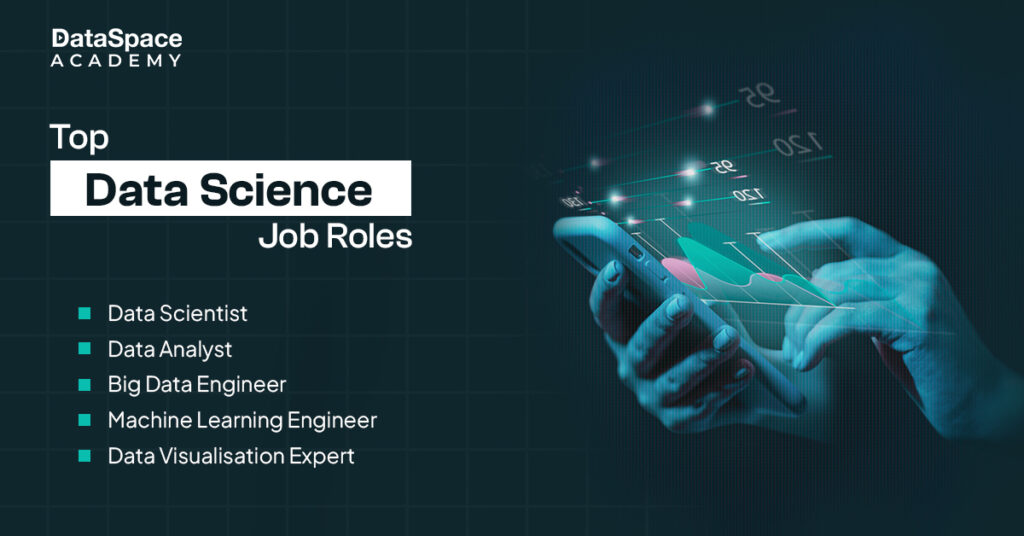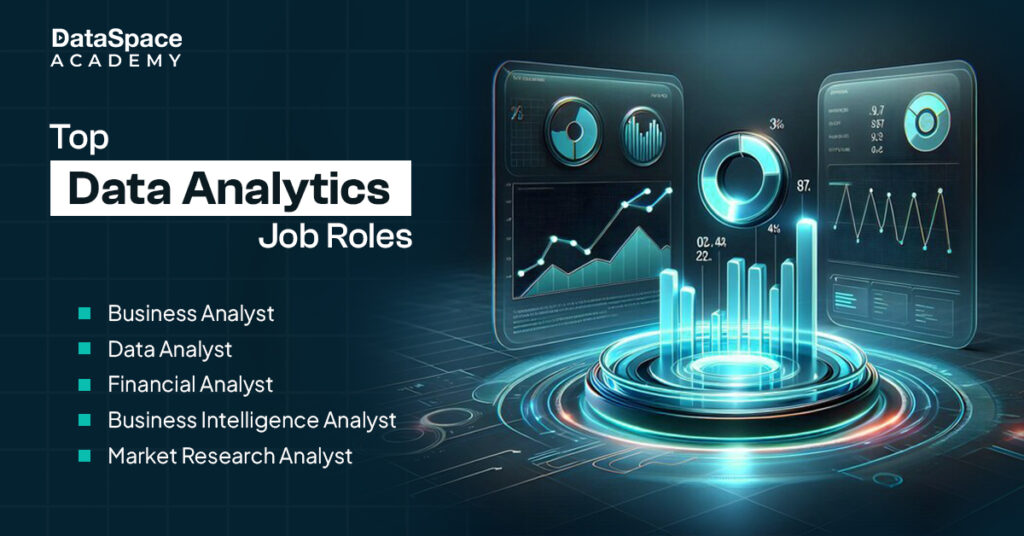The increasing reliance on data across industries is emphasising focus on data science and analytics to drive informed data-driven decisions. However, though these terms are often used interchangeably yet there is
difference between data science and data analytics.
Spearheading the contemporary data-driven era, these two disciplines serve distinct but complementary roles. Together, they empower businesses to harness the full potential of their data bank, driving growth and efficiency.
Data analytics focuses on interpreting existing data to uncover trends and insights. Data Science delves deeper, using advanced algorithms and machine learning to predict future trends and solve complex real-world problems. However, the overlap in roles between these two streams often misleads in dubbing them as one. This blog aims to clear the confusion and offer clarity on the differences between data science and analytics.
Since both the discipline deals with data, there exists some obvious similarities as follows:
Put simply, data science is the mother term and data analytics is a part of it.
Data Science
| Data Analytics
|
|---|
An umbrella term to define a broader field engaged in mining large datasets |
Focused more on analysing the existing data sets |
Delivers broader insights on 'which questions should be asked' | Discovers answers to ‘questions being asked’
|
Performs a range of activities like data engineering, data mining, predictive modelling, and machine learning.
| Analyses existing datasets to uncover trends, generate reports, and provide insights based on historical data.
|
Aspiring data scientists should have a background in IT, Computer, Maths, Statistics, Economics, or any other relevant discipline. |
Aspirants from both tech and non-tech backgrounds can build a career in analytics; prior tech knowledge is not mandatory. |
Deals with complex unstructured data | Deals with structured data
|
Understanding the key
difference between data science and data analytics lies in their scope and focus.
Businesses are strongly inclining to data science and analysis to garner detailed insights into their customers and market. Data-driven facts empower organisations to reach smarter decisions and enhance overall operational efficiency. If you are aspiring for a rewarding career, the data domain shows promise. If you already hold knowledge in statistics or mathematics, you can directly enroll in data science. But if you are from a non-tech background, you can start with
data analytics courses and then upskill with a data science course.

Ans: Yes, a Data Science roadmap stresses on programming skills, especially in
Python and R. Data scientists need to develop strong know-how in programming for developing algorithms, handling big data, and performing complex analysis.
Ans: Data Scientists build predictive models, and complex data projects, involving more research and experimentation.
Data Analysts focus more on analysing data to generate reports, identify patterns, and provide insights to support businesses in making informed decisions.
Ans: All major industries - ranging from technology to healthcare to finance to marketing to media to retail - rely on data science and analytics to drive informed decisions. Data-driven decisions also help to estimate future trends. If you are aspiring to join the data domain, join our industry-leading data science course online for exciting career opportunities.
 Let’s explore the daily job roles and responsibilities of a modern data scientist:
Let’s explore the daily job roles and responsibilities of a modern data scientist:

